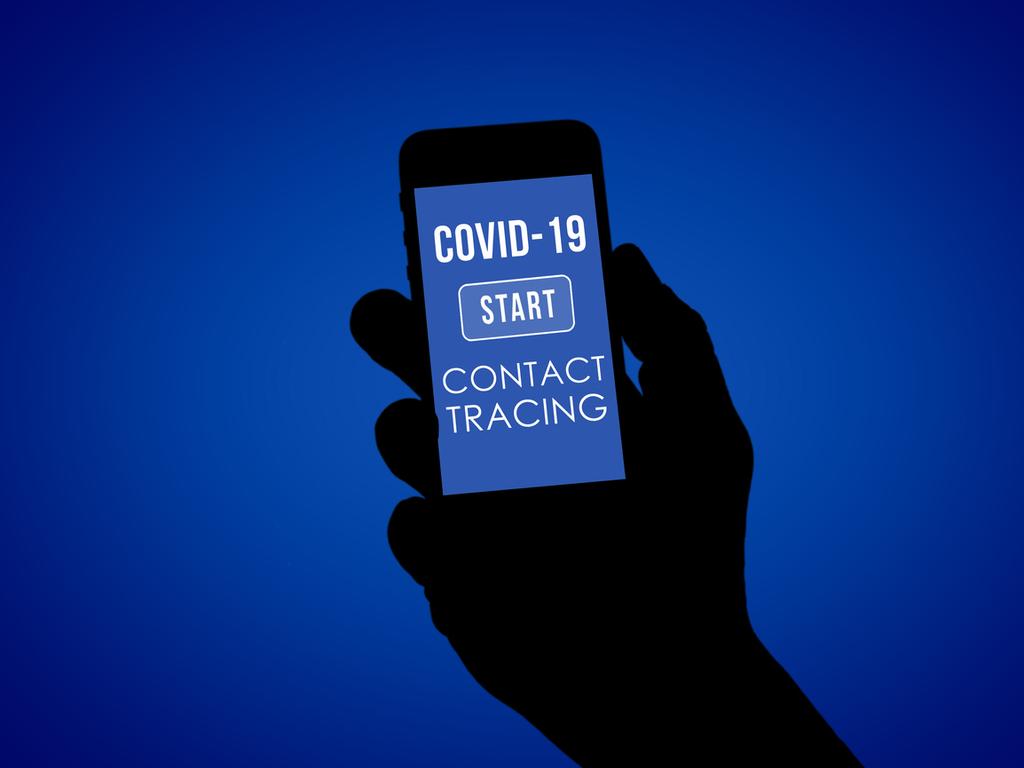Data security analysts have accused the Victorian government of a “dubious” plan to pass on contact tracing data in the hope to identify mystery cases.
In a move blasted as “outrageous” — it’s been revealed the Victorian government sent contact tracing data throughout the pandemic to the Australian Criminal Intelligence Commission.
A report from The Guardian said the Victorian government, responsible for some of the nation’s most stringent coronavirus measures and restrictions, passed the data on “in the hope a controversial data mining platform might help identify the source of mystery cases”.
The Albanese government is subsequently scrapping the COVIDSafe app – labelling the contact tracing tool “wasteful and ineffective”.
The Morrison government launched the app in April 2020 at a cost of more than $21 million. Despite nearly eight million registrations in its first month, fewer than 800 users consented to their data being added to the national COVIDSafe data store.
It will be removed from download platforms and all data will be deleted.
However, data security analysts have described the Victorian government’s breach as “dubious”.

A report from The Guardian said the Victorian government, responsible for some of the nation’s most stringent coronavirus measures and restrictions, passed the data on ‘in the hope a controversial data mining platform might help identify the source of mystery cases’.

The Albanese government is subsequently scrapping the COVIDSafe app – labelling the contact tracing tool ‘wasteful and ineffective’.
“A sample set of de-identified mobility data was used to investigate whether the program could achieve what was required, with strict conditions in place about its use, accessibility and destruction,” a department of health spokesperson said in a statement.
“The department did not proceed with the program and instead developed an in-house tool, which successfully supported contract tracing throughout the pandemic.”
Lecturer and digital security expert at the University of Melbourne’s Dr Suelette Dreyfus said the government’s data sharing ploy was “outrageous”.

Lecturer and digital security expert at the University of Melbourne’s Dr Suelette Dreyfus said the government’s data sharing ploy was ‘outrageous’.
“That the government kept this information from the Australian public says to me that they knew very well what they were doing was extremely dubious,” she said.
“This data was very private data, and people were told to trust the government with it during a pandemic.
“People were promised the data would be used for one purpose, and the fact that we have had to find out from the media that this data was in fact sent to the criminal intelligence authority is a shock. People deserved to know about that at the time.”
But Vanessa Teague, a cybersecurity expert at the Australian National University said the Government had overstepped by sharing data to private entities.
“The idea of de-identified data is an oxymoron,” she said via The Guardian.
“You may not be able to re-identify data by looking at individual data points. For example, thousands of other people might have also been at the MCG with you.
“But if you also went to the pharmacist on a particular day, and then to the beach on the weekends, the likelihood that others went to all those same places at the same times as you is zero.”
